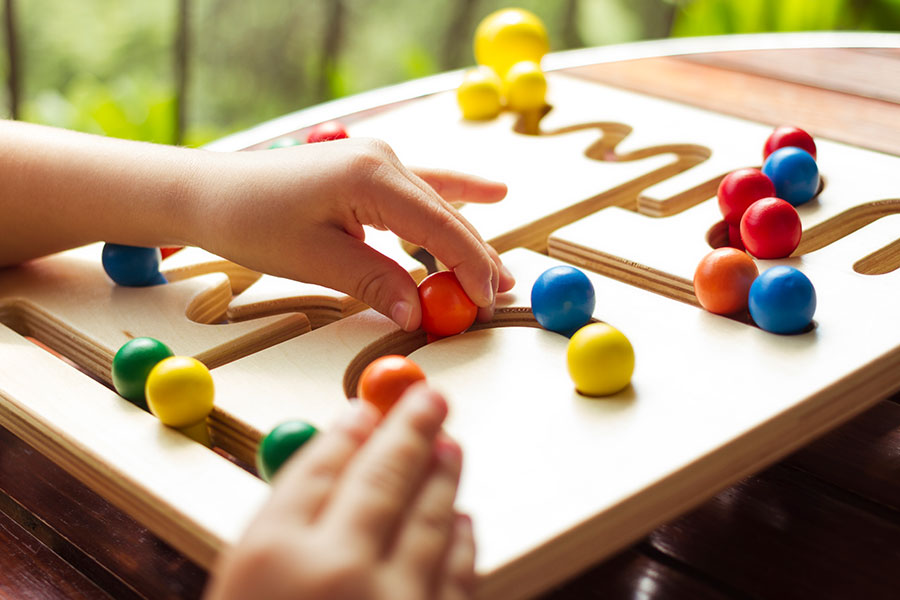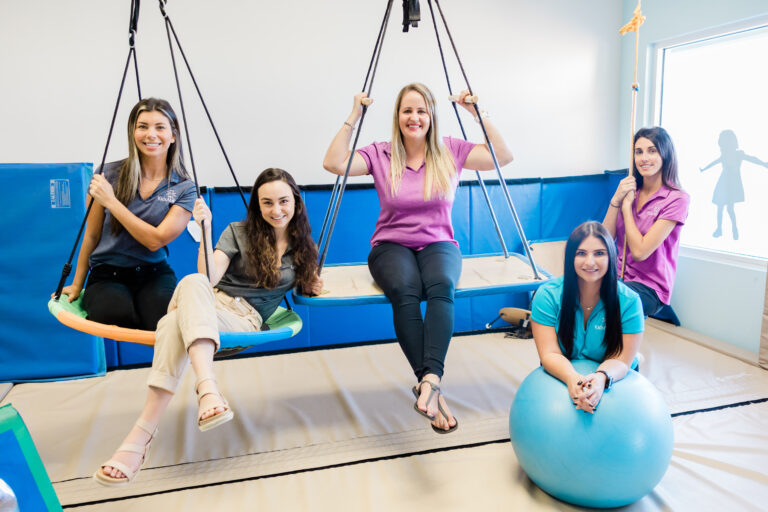Occupational Therapists help children in the areas of play, school and self-care (such as dressing, feeding and toileting). In order for a child to take part in these situations they require concentration, motor planning, perceptual skills and coordination.
During treatment sessions KidsAbility’s Occupational Therapists help enable the child to engage in functional and meaningful activities.


Our Occupational Therapists can help your child work through difficulties with:
There are a number of key signs that indicate your child may benefit from therapy. These include:
Give us a call to book an appointment with one of our skilled Occupational Therapists. Occupational Therapists are the best people to assess your child’s motor skills and sensory needs. They will be able to identify any concerns and help organise therapy sessions to suit your child’s needs. Our Occupational Therapists are able to see clients in our clinic, home or school setting.
Occupational Therapists help children in the areas of play, school and self-care (such as dressing, feeding and toileting). In order for a child to take part in these situations they require concentration, motor planning, perceptual skills and coordination.
During treatment sessions KidsAbility’s Occupational Therapists help enable the child to engage in functional and meaningful activities.


Our Occupational Therapists can help your child work through difficulties with:
There are a number of key signs that indicate your child may benefit from therapy. These include:
Give us a call to book an appointment with one of our skilled Occupational Therapists. Occupational Therapists are the best people to assess your child’s motor skills and sensory needs. They will be able to identify any concerns and help organise therapy sessions to suit your child’s needs. Our Occupational Therapists are able to see clients in our clinic, home or school setting.